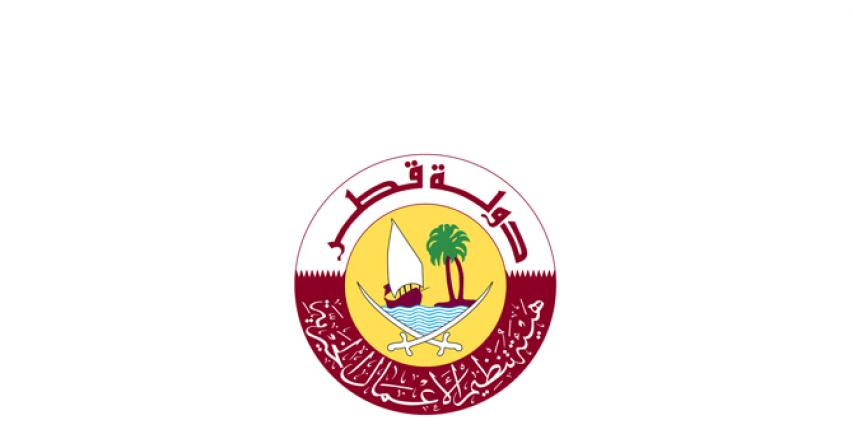RACA Organizes Conference on Relationship between Scientific Research and Qatari Humanitarian Sector
- 3 years ago

The Regulatory Authority for Charitable Activities (RACA) organized Tuesday a conference entitled "The Relationship between Scientific Research and the Qatari Humanitarian Sector", in collaboration with the Center for Conflict and Humanitarian Studies at Doha Institute for Graduate Studies.
A number of prominent experts and specialists in the humanitarian sector as well as executive heads and directors of departments of Qatari charities, foundations and organizations in the State of Qatar participated in the conference.
General Manager of the Regulatory Authority for Charitable Activities (RACA) Ibrahim Abdullah Al Dehaimi delivered the keynote address at the conference, stressing that RACA is keen to take advantage of the potential of research centers by taking stock of research and studies that have dealt with humanitarian and charitable work and identifying aspects of their use.
Al Dehaimi noted that RACA will consider organizing the second conference in this framework to discuss the identification of needs for future research, adding that activating the role of scientific research will undoubtedly have a positive impact on humanitarian work, as it will provide it with a scientific methodology that will help to identify and evaluate its trends, rationalize its performance and maximize its outputs.
For his part, Director of the Center for Conflict and Humanitarian Studies (CHS) Prof. Sultan Barakat stressed the importance of holding this conference, stressing that the Qatari charitable sector has a distinguished international presence that enhances opportunities for regional and global research partnerships.
Prof. Barakat underlined the need to bridge the gap between scientific research on the one hand and practice in the humanitarian sector on the other hand.
He looked forward to developing a research agenda for humanitarian work to address various topics come out with sober scientific results that would contribute to rationalizing the performance of Qatari humanitarian work and giving it the added value it deserves, especially with the diversity of environments and application areas for the contributions of Qatari humanitarian work.
Dr. Hatem Mhenni, a Senior Program Manager of Education at QNRF, made a presentation on the efforts of QNRF in achieving the National Strategy for Scientific Research and the status of the charitable and humanitarian action in this strategy. He noted great opportunities to activate the role of scientific research in the humanitarian and charitable field.
Mohammed Al Ghamdi, Assistant CEO of the Governance and Development Sector at Qatar Charity, indicated that there are opportunities for cooperation and partnership between scientific research and humanitarian organizations, pointing out that the challenge lies in time and funding.
He noted that scientific research is very important in the charitable and humanitarian field, as it provides outputs contribute to changing reality, which is one of the achievements of scientific research in the charitable and humanitarian field.
He added that Qatar Charity has many experiences in the field of scientific research, such as its cooperation with the Institute for Displacement Studies in 2016 which resulted in the issuance of the displacement report for the first time in 2020, as well as the cooperation between Qatar Charity and the United Nations Office on Crime and Drugs.
Ibrahim Al Maliki, Executive Director of Qatar Red Crescent (QRCS), highlighted the role of QRCS in humanitarian and charitable work, stressing it belief in the role of scientific research. He reviewed some achievements in this field, including the participation in several studies in cooperation with the International Red Cross.
(QNA)
Comments